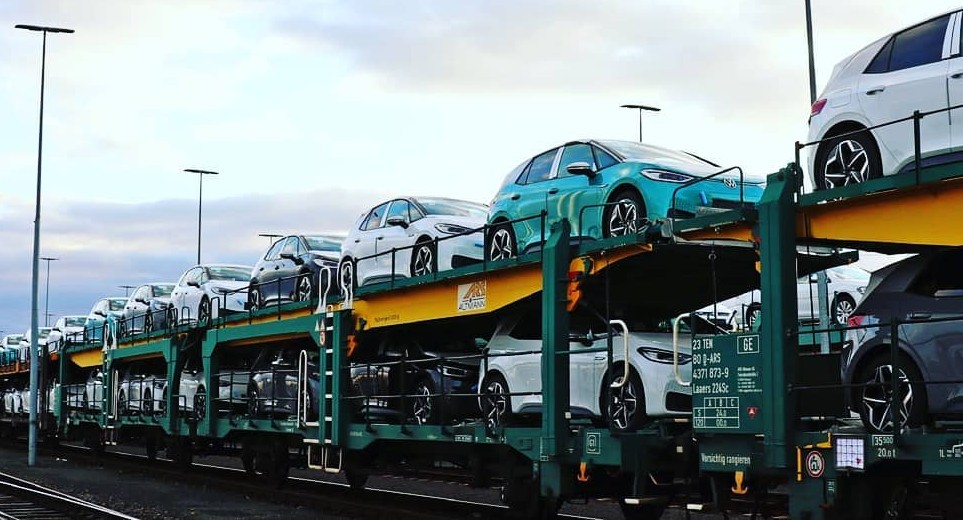During the first nine months of 2020, car sales cratered, with every major automaker seeing a steep drop in sales as the pandemic raged across the globe. That is, of course, every major automaker except Tesla. Despite the world practically stopping due to the pandemic, the Silicon Valley-based electric car maker sold more cars than ever before. Tesla even maintained its momentum from the previous year by posting five profitable quarters in a row, and it’s poised to end 2020 with an inclusion into the S&P 500 index.
A Make or Break Year and EVs Made It
What’s quite interesting is that it was not only Tesla that saw some serious momentum this year. Even as sales of internal combustion vehicles collapsed, EVs, in general, managed to thrive. A good example of this could be seen in Daimler and Volkswagen’s electric car sales in 2020. Both companies saw record-setting declines in their ICE divisions, but both companies also saw their EV sales this year doubling. This, if any, further highlighted that there is a growing demand for electric cars.
Even more impressive was the fact that 2020 was a year when the electric vehicle movement could have been crushed once more. The year saw the launch of some of the most important EVs for their respective companies. In Tesla’s case, this was the Model Y, a vehicle that Elon Musk expects would outsell the Model S, Model 3, and Model X combined. Volkswagen also launched the ID.3, a car that, if successful, could very well be the second coming of the ubiquitous Beetle. Failure on the Model Y and the ID.3’s part could have resulted in the EV movement getting set back again. That did not happen.

Peak Oil
To state that 2020 was challenging would be a gross understatement. Amidst lockdowns in several countries, the world changed. Air travel all but stopped and working from home became the norm. Then in September, British oil firm BP Plc announced something remarkable: peak oil may have very well happened, and the demand for oil may never return to its prior levels. Granted, oil prices rose in November as vaccine trials continued and demand recovered somewhat in Asia. But even as the world approached a return to some form normalcy, it was evident that things would no longer be the same.
US Federal Reserve Chairman Jerome Powell echoed this sentiment last month. “We’re not going back to the same economy. We’re recovering, but to a different economy,” he said. Powell has a valid point. In the post-pandemic world, more people will likely continue to work from home. A good number of people will likely travel less as well. BP’s estimates noted that about 2/3 of the pandemic’s impact on oil demand will be from adverse effects on the global economy, and 1/3 will be due to permanent changes in human behavior. This behavior, it seems, includes a shift to electric cars.
